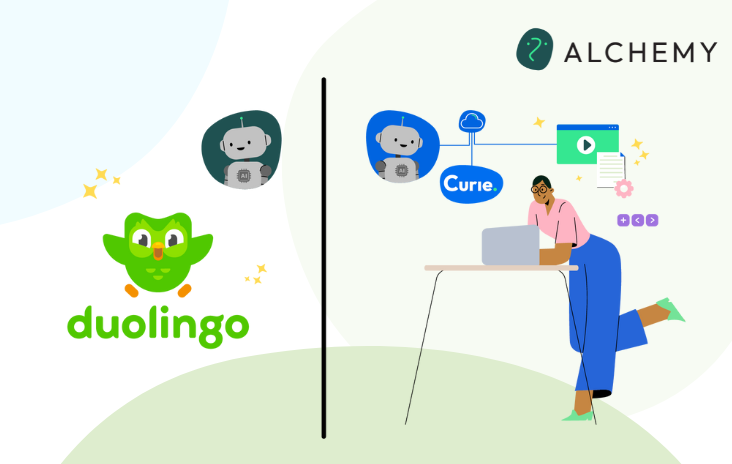Article
Collaborating with AI: Level 3 of The AI Assessment Scale

As educators continue to consider the integration of AI into academic assessments, the 2024 AI Assessment Scale (AIAS) offers a structured approach to guide this process. This framework consists of five levels, ranging from AI exploration to no AI use. In this third installment of our 5-part series, we’ll explore Level 3: AI Collaboration. This level allows students to use AI tools to assist with completing tasks. Students are expected to critically evaluate and modify AI-generated content to ensure that it meets the assignment’s objectives.

What is Level 3: AI Collaboration?
Level 3 integrates AI as a collaborator in the completion of academic tasks. AI can assist in drafting, refining, and providing feedback, but students must take an active role in evaluating and modifying the AI’s contributions. This level is particularly suited for assignments requiring iterative development and critical thinking.
Snapshots of Level 3 in Action
Example 1: Policy Brief (Political Science, 400-level)
- Assignment: Write a policy brief on a current international issue using AI to draft and refine the text.
- AI Use: AI assists in drafting the brief and refining arguments, but students must critically evaluate and adjust the content.
- Constructive Use: AI helps streamline the drafting process, allowing students to focus on refining arguments and ensuring alignment with policy objectives.
- Managing AI: Students submit the original AI-generated draft alongside the final version. A critical reflection explains the modifications made and the rationale behind these changes. See full assignment example here.
Example 2: Technical Report (Engineering, 300-level)
- Assignment: Complete a technical report on a recent engineering project with AI assisting in drafting and editing.
- AI Use: AI helps draft sections of the report and suggests technical refinements, but the student must ensure accuracy and relevance.
- Constructive Use: AI enhances the technical accuracy of reports, allowing students to focus on the quality and relevance of their findings.
- Managing AI: Students submit version histories showing the evolution of the report from AI-generated content to the final version, along with a reflection on their critical modifications. See full assignment example here.
Example 3: Strategic Plan (Management, Graduate-level)
- Assignment: Develop a strategic plan for a company, using AI to generate initial ideas and structure the plan.
- AI Use: AI drafts sections and provides feedback on strategy, but students critically evaluate and refine the content.
- Constructive Use: AI supports the strategic planning process, enabling students to refine and adapt strategies based on their critical assessments.
- Managing AI: Students submit AI-generated drafts, the final strategic plan, and a reflection detailing how they refined AI’s input to meet the assignment’s goals. See full assignment example here.
Conclusion: Building Critical Thinking Through AI Collaboration
Level 3 of the AIAS emphasizes the importance of students working with AI as a collaborator, while critically engaging with and refining AI-generated content. By requiring process documentation and reflective writing, instructors can ensure that students are not only using AI effectively but are also developing their critical thinking skills.
In our next post, we’ll explore Level 2: AI Planning, where AI is allowed to assist in brainstorming and organizing ideas, emphasizing student ownership of the final product.
In the meantime, feel free to learn more about Level 5: AI Exploration in the first part of this series, “Exploring New Frontiers: Level 5 of the AI Assessment Scale”, and Level 4: Full AI in our previous post: “Directing AI in Assessments: Level 4 of the AI Assessment Scale“. Explore our growing body of resources on the topic in our “Guide to AI Use in Student Assignments: Practical Strategies & Examples.”



